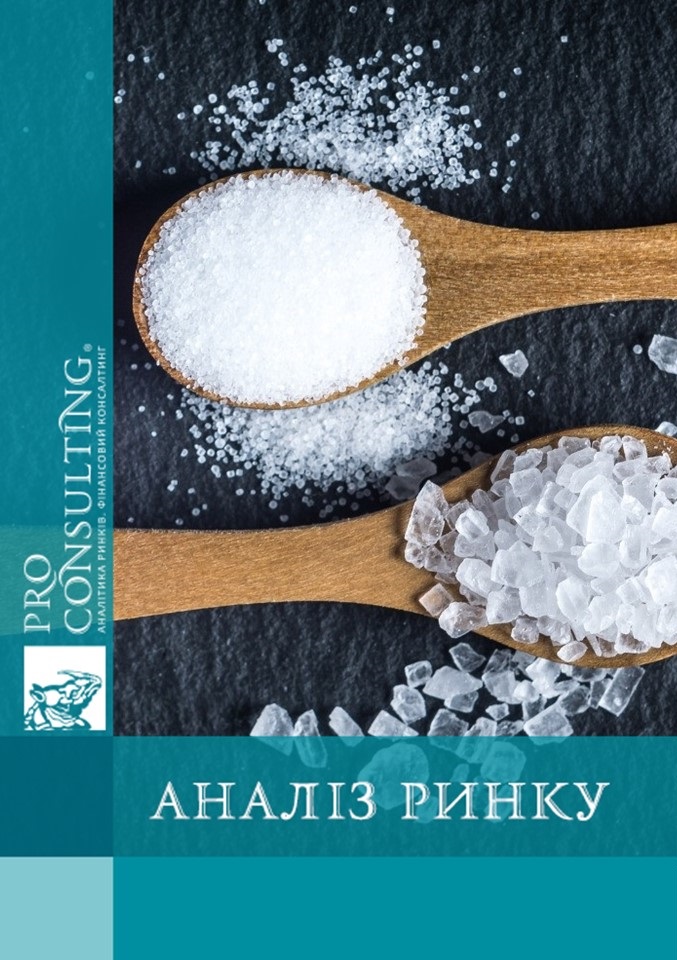How Climate Change Could Affect Your Mortgage Application

Table of Contents
Climate change is no longer a distant threat; its impacts are reshaping our world, including the housing market and the mortgage application process. Lenders are increasingly scrutinizing climate-related risks, making it crucial for prospective homeowners to understand how these risks could affect their chances of mortgage approval. From rising sea levels to increased wildfire frequency, climate change introduces new complexities to the already challenging process of securing a mortgage. This article explores the key ways climate change could impact your mortgage application and what you can do to prepare.
Increased Flood Risk and Mortgage Approvals
The frequency and severity of floods are escalating due to climate change, significantly impacting mortgage approvals. Lenders are acutely aware of this risk and utilize various tools to assess it, primarily relying on flood maps and data provided by the Federal Emergency Management Agency (FEMA). Properties located in high-risk flood zones, often designated as special flood hazard areas (SFHAs), face stricter lending criteria.
- Higher premiums for flood insurance: Securing flood insurance is often mandatory for mortgages in high-risk areas, and premiums are substantially higher for properties in these zones, impacting overall affordability.
- Increased difficulty in securing a mortgage in high-risk areas: Lenders may deny mortgages altogether or offer less favorable terms, such as higher interest rates, for properties situated in high-risk flood zones. This can make homeownership in these areas significantly more challenging.
- Potential for loan denial due to elevated flood risk: A property's susceptibility to flooding is a major factor in mortgage underwriting. Lenders perform a thorough risk assessment, and a high flood risk can lead to a direct denial of your mortgage application.
- The importance of understanding your property's flood risk before applying for a mortgage: Prospective buyers should proactively check FEMA flood maps and conduct thorough due diligence to understand the flood risk associated with their desired property before beginning the mortgage application process.
Wildfire Risk and its Impact on Property Value and Mortgages
The escalating frequency and intensity of wildfires, exacerbated by climate change, pose significant threats to property values and mortgage applications. Increased wildfire risk directly impacts home insurance premiums and lender assessments.
- Increased home insurance premiums due to heightened wildfire risk: Insurance companies assess wildfire risk based on factors such as proximity to wildlands and vegetation density. Properties in high-risk areas face significantly higher premiums, making homeownership more expensive.
- Reduced property values in areas prone to wildfires: The risk of wildfire damage can depreciate property values, making it more challenging to secure a mortgage or obtain sufficient financing.
- Higher interest rates or stricter lending criteria for properties in high-risk zones: Lenders may impose higher interest rates or stricter lending criteria to mitigate the increased risk associated with properties in wildfire-prone areas.
- Difficulty obtaining sufficient insurance coverage, potentially hindering mortgage approval: In some high-risk areas, securing adequate insurance coverage might be extremely difficult or even impossible, preventing mortgage approval.
Rising Sea Levels and Coastal Property Mortgages
Rising sea levels and coastal erosion pose substantial challenges for those seeking mortgages on coastal properties. Lenders are increasingly incorporating long-term climate projections into their risk assessments.
- Increased difficulty securing mortgages for properties vulnerable to sea level rise: Lenders are becoming more cautious about financing properties at high risk of inundation or erosion.
- Higher insurance premiums and deductibles: Insurance for coastal properties is already expensive, and with rising sea levels, premiums and deductibles are likely to increase significantly, making homeownership less affordable.
- Potential for future property devaluation or uninsurability: Properties vulnerable to sea level rise face the risk of significant devaluation or even becoming uninsurable in the future, impacting their long-term value.
- The importance of understanding long-term climate projections for coastal areas: Before investing in a coastal property, it's crucial to understand the projected impacts of sea-level rise in that specific area over the life of the mortgage.
Extreme Weather Events and Their Financial Implications
The increased frequency and intensity of extreme weather events, including heatwaves, droughts, and hurricanes, all have significant financial ramifications that impact mortgage affordability and approval.
- Increased repair costs following extreme weather events: Extreme weather events can cause substantial damage to properties, resulting in costly repairs that can strain homeowners' finances and potentially lead to mortgage default.
- Difficulty obtaining adequate insurance coverage: Securing comprehensive insurance coverage to protect against all potential extreme weather-related damages can be challenging and expensive.
- Potential for mortgage default due to unexpected repair costs: Unexpected repair costs following an extreme weather event can significantly impact a homeowner's ability to meet their mortgage payments.
- The importance of building resilience into your financial planning: Homeowners should incorporate potential climate-related risks into their financial planning to ensure they can manage unexpected costs and maintain their mortgage payments.
Conclusion
Climate change is fundamentally altering the landscape of mortgage lending. Understanding the climate risks associated with your chosen property is paramount before applying for a mortgage. Lenders are increasingly factoring climate-related risks into their underwriting processes, leading to stricter criteria and potentially higher interest rates for properties in vulnerable areas. Don't let climate change impact your mortgage application – understand the risks, research your property's vulnerability, speak with mortgage lenders about your concerns, and seek expert advice on climate-related risks and insurance options. Proactive planning and informed decision-making are key to securing a successful mortgage in the face of a changing climate.

Featured Posts
-
 Kancelaria Alebo Home Office Zvazte Tieto Faktory Pri Rozhodovani
May 21, 2025
Kancelaria Alebo Home Office Zvazte Tieto Faktory Pri Rozhodovani
May 21, 2025 -
 Analiz Rinku Finposlug Ukrayini Credit Kasa Finako Ukrfinzhitlo Atlana Ta Credit Plus U 2024 Rotsi
May 21, 2025
Analiz Rinku Finposlug Ukrayini Credit Kasa Finako Ukrfinzhitlo Atlana Ta Credit Plus U 2024 Rotsi
May 21, 2025 -
 Abn Amro Waarschuwt Voedingsindustrie Te Afhankelijk Van Goedkope Arbeidsmigranten
May 21, 2025
Abn Amro Waarschuwt Voedingsindustrie Te Afhankelijk Van Goedkope Arbeidsmigranten
May 21, 2025 -
 Atmosphere Pre Hellfest Rencontres Avec Les Novelistes A L Espace Julien
May 21, 2025
Atmosphere Pre Hellfest Rencontres Avec Les Novelistes A L Espace Julien
May 21, 2025 -
 David Walliams And Simon Cowell Britains Got Talent Feud Explodes
May 21, 2025
David Walliams And Simon Cowell Britains Got Talent Feud Explodes
May 21, 2025
